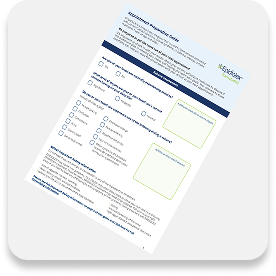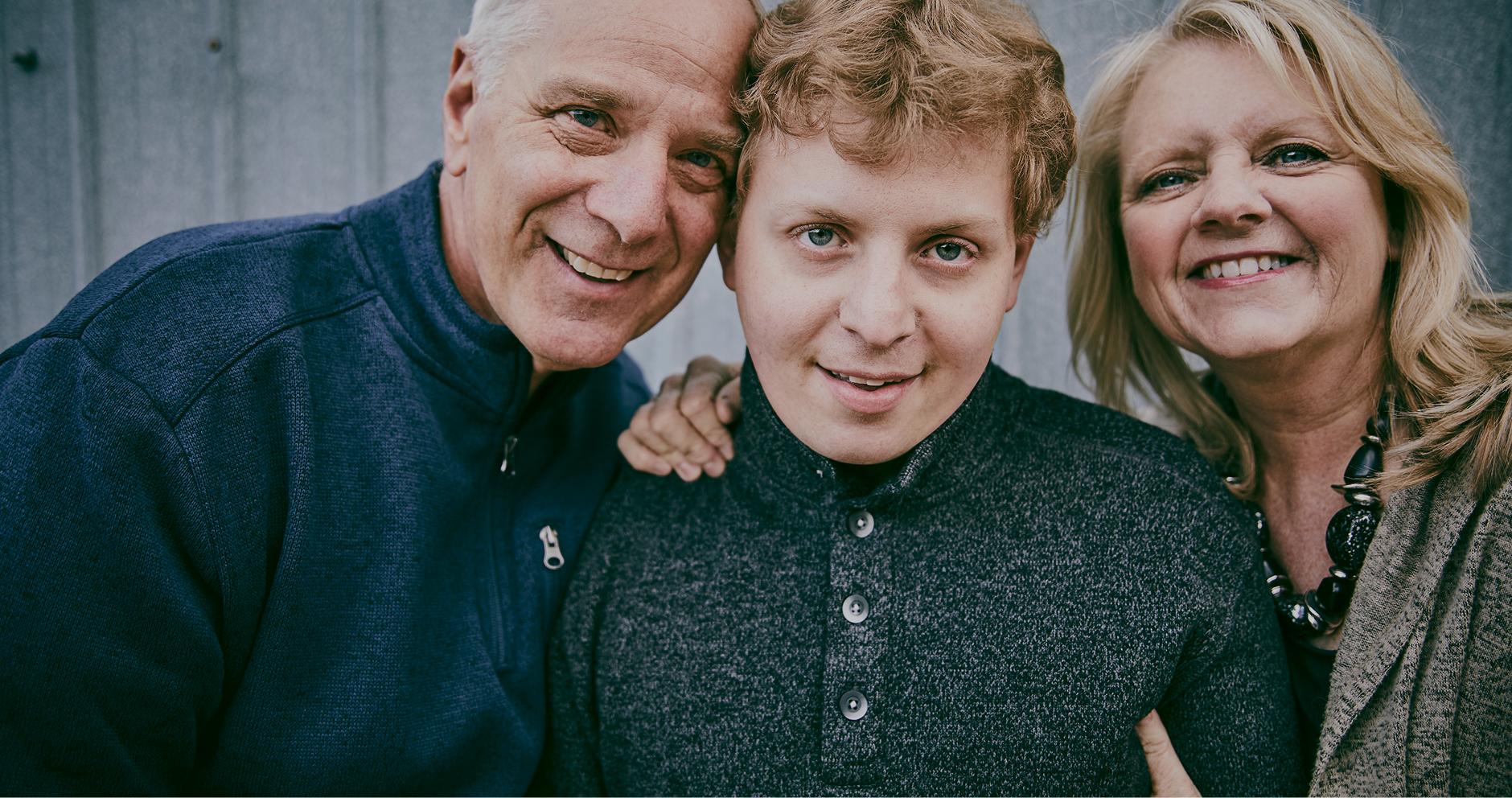Important Safety Information & Indications
What is the Most Important Information I Should Know About EPIDIOLEX (cannabidiol)?
Do not take if you are allergic to cannabidiol or any of the ingredients in EPIDIOLEX.
EPIDIOLEX may cause liver problems. Your doctor may order blood tests to check your liver before and during EPIDIOLEX treatment. In some cases, EPIDIOLEX treatment may need to be stopped. Call your doctor right away if you start to have any of these signs and symptoms of liver problems during treatment with EPIDIOLEX:
- loss of appetite, nausea, vomiting
- fever, feeling unwell, unusual tiredness
- yellowing of the skin or the whites of the eyes (jaundice)
- itching
- unusual darkening of the urine
- right upper stomach area pain or discomfort
EPIDIOLEX may cause you to feel sleepy, which may get better over time. Other medicines (e.g., clobazam) or alcohol may increase sleepiness. Do not drive, operate heavy machinery, or do other dangerous activities until you know how EPIDIOLEX affects you.
Like other antiseizure medicines, EPIDIOLEX may cause suicidal thoughts or actions in a very small number of people, about 1 in 500. Call your doctor right away if you have any signs of depression or anxiety, thoughts about suicide or self-harm, feelings of agitation or restlessness, aggression, irritability, or other unusual changes in behavior or mood, especially if they are new, worse, or worry you.
Take EPIDIOLEX exactly as your doctor tells you. Do not stop taking EPIDIOLEX without first talking to your doctor. Stopping an antiseizure medicine suddenly can cause serious problems.
What Else Should I Know When Taking EPIDIOLEX?
The most common side effects of EPIDIOLEX include increase in liver enzymes, sleepiness, decreased appetite, diarrhea, fever, vomiting, feeling very tired and weak, rash, sleep problems, and infections.
EPIDIOLEX may affect the way other medicines work, and other medicines may affect how EPIDIOLEX works. Do not start or stop other medicines without talking to your doctor. Tell your doctor about all the medicines you take, including prescription and over-the-counter medicines, vitamins, herbal supplements, and cannabis-based products.
What Additional Information Applies to Women?
If you are pregnant or plan to become pregnant, EPIDIOLEX may harm your unborn baby, and medicines like EPIDIOLEX may be passed into breast milk. You and your doctor will decide if you should take EPIDIOLEX and about the best way to feed your baby while taking EPIDIOLEX. If you become pregnant while taking EPIDIOLEX, discuss registering with the EPIDIOLEX Pregnancy Surveillance Program (855-272-7158 or epidiolexpregnancystudy.com) and the North American Antiepileptic Drug Pregnancy Registry (888-233-2334 or aedpregnancyregistry.org). The purpose of these registries is to collect information about the safety of antiseizure medicines during pregnancy.
What is EPIDIOLEX (cannabidiol)?
EPIDIOLEX is a prescription medicine that is used to treat seizures associated with Lennox-Gastaut syndrome, Dravet syndrome, or tuberous sclerosis complex in patients 1 year of age and older. It is not known if EPIDIOLEX is safe and effective in children under 1 year of age.
Please read the EPIDIOLEX Medication Guide and Instructions for Use for additional important information.
You are encouraged to report side effects of prescription drugs to the FDA. Visit www.fda.gov/medwatch or call 1-800-FDA-1088. You may also contact Jazz Pharmaceuticals at 1-800-520-5568.















